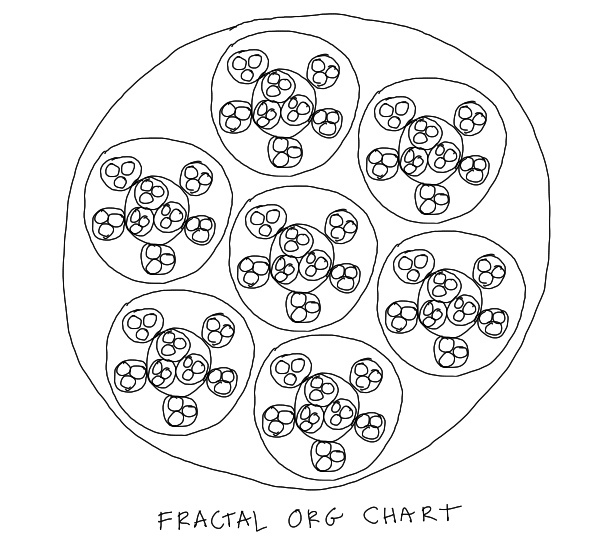This Thursday, May 28th, at 1pm ET we will convene the next #CultureChat session, and this month’s focus will be on hierarchy. Specifically, we’ll be digging into something that has emerged as a bit of a hot topic these days: Holacracy. In case you haven’t heard, Holacracy is a system of management for organizations that is arguably the first viable alternative to a command-and-control hierarchy that we have seen since management was invented 100 years ago. To date, it has been used mostly by small organizations, but it’s now getting more attention given that Zappos (1,500+ employees) has adopted it and is rolling out the implementation. They got even more attention in the last few weeks, as it became apparent that about 14% of their employees took a voluntary buy out to leave the organization because they didn’t fit in with the new system of self-management. Is this a bold move or a disastrous mistake?
So join us for an interesting Twitter conversation about all this. Here are some of the questions we’re pondering:
- Should all cultures “take a stand” on hierarchy? Why/why not?
- Does the top of the hierarchy always set the culture?
- Why does culture actually need some hierarchy?
- What purpose does hierarchy serve in organizations?
- Can culture overcome bureaucracy?
- Is Holacracy a system of decision making or is it a culture?
- What do you need to do within your culture to empower decision making at all levels?
- Why does Holacracy fit into Zappos’ culture?
- Does the Zappos shift to Holacracy make sense in their culture?
- Was paying employees who don’t like the new system to leave a good idea?

